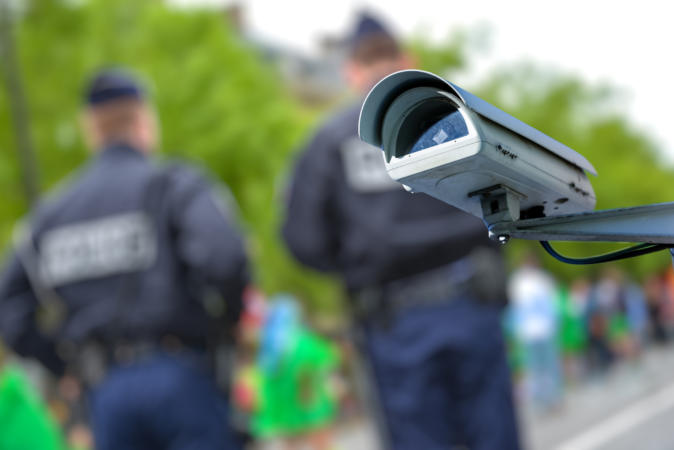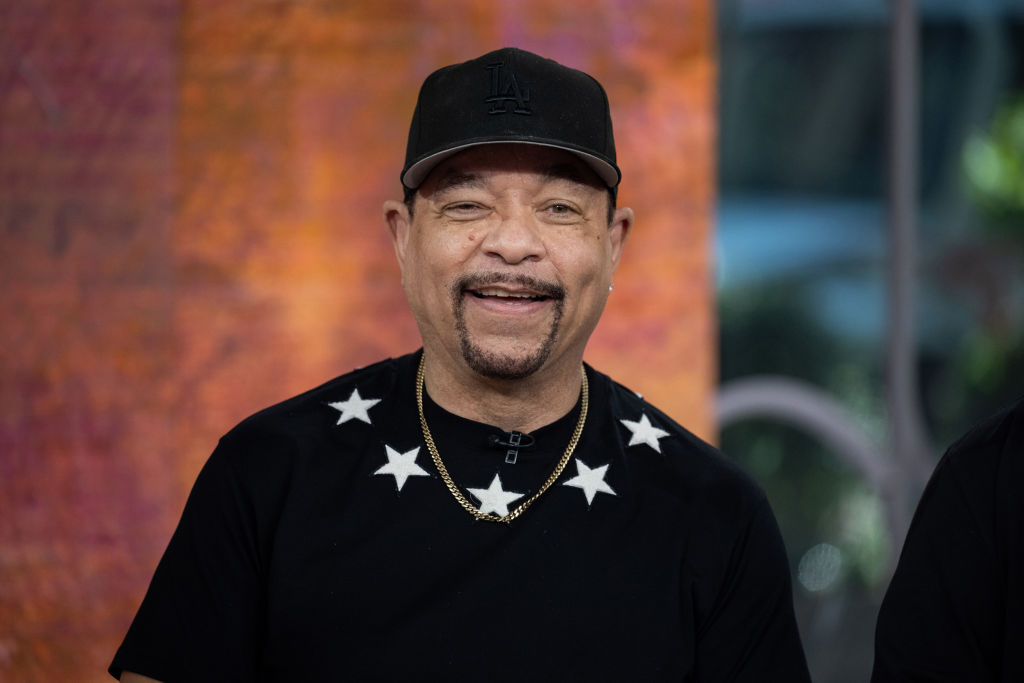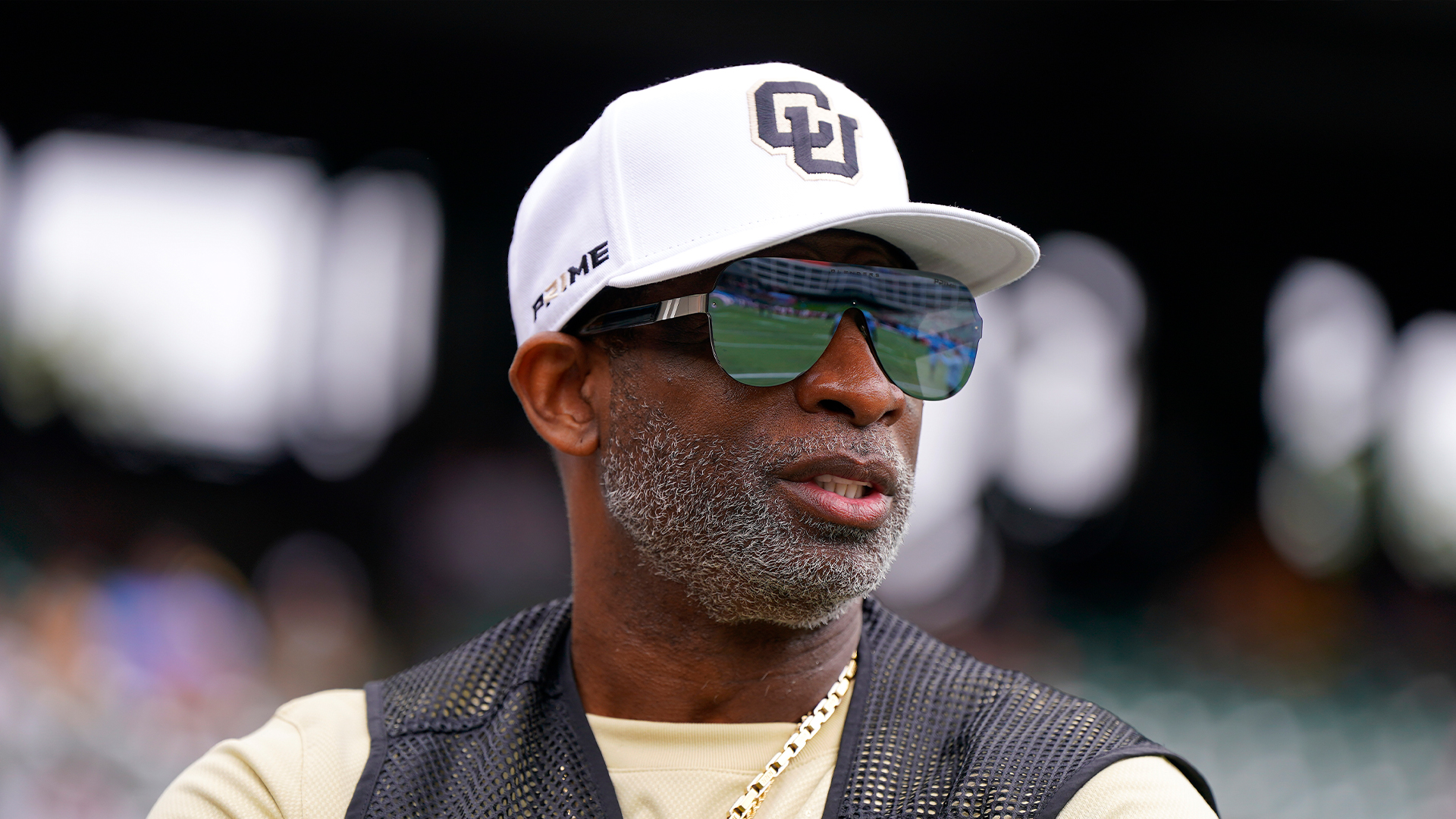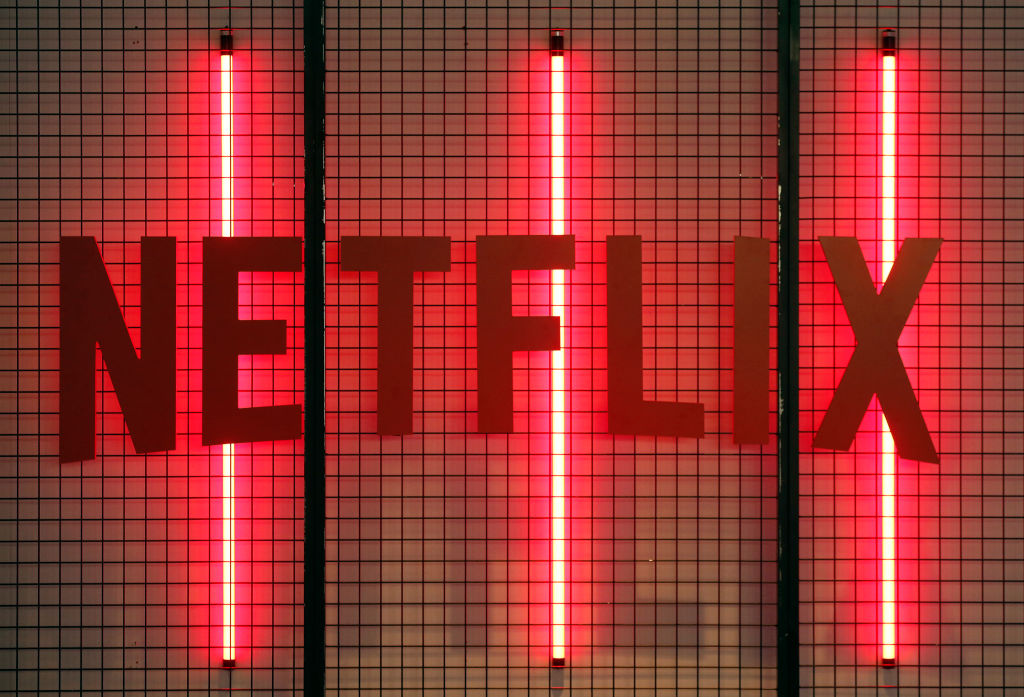Facial recognition has been quietly unfolding across the United States for years. Now, increased public awareness has turned facial recognition into a hot political issue that may enter the presidential race.
Earlier this month, Bernie Sanders became the first 2020 presidential candidate to call for a ban on police use of facial recognition technology.
While some of the impacts of facial recognition cannot be reversed, its growing political significance may at least help communities of color escape some of its worst effects.
Sanders’ position on facial recognition draws from bans that have occurred this year in San Francisco, Oakland, and Somerville, Massachusetts. In each city, activists focused on pointing out facial recognition’s potential for introducing widespread, mass surveillance of already vulnerable communities, like what may be occurring in the cities of Chicago and Detroit.
A spokesperson for Sanders’ campaign told Recode:
“Police use of facial recognition software is the latest example of Orwellian technology that violates our privacy and civil liberties under the guise of public safety and it must stop,” a spokesperson for Sanders’s campaign told Recode. Bernie is proud to join cities like San Francisco in banning the use of this technology for policing, and as President will enact a nationwide ban on facial recognition software for policing, including at the state and local levels.”
Conversations around facial recognition are taking place in the federal government as well. Recently, Politico reported that the House Oversight Committee is exploring legislation that would restrict funding for federal use of facial recognition software.
Although the bipartisan effort has not been finalized yet, Rep. Jim Jordan (R-Ohio) told the outlet that he’s hoping it will be after Congress reconvenes from its annual recess.
There is a slew of issues with facial recognition technology. In July 2018, the American Civil Liberties Union Found that Amazon’s Rekognition falsely matched 28 members of Congress to mugshots — including six members of the Congressional Black Caucus. Then, a January 2019 study revealed the program has greater errors in trying to recognize darker-skinned women.
Despite this, Amazon has sold its program to police throughout the country and even attempted peddling Rekognition to Immigration and Customs Enforcement (ICE). Then in May 2019, reports found that police were running sketches through Rekognition, a gross misuse of the program that would likely increase errors.
At a hearing on facial recognition where advocates requested a moratorium on the technology, Joy Buolamwini, the Founder of the Algorithmic Justice League told Congress:
“In one test, Amazon recognition even failed on the face of Oprah Winfrey labeling her male. Personally, I’ve had to resort to literally wearing a white mask to have my face detected by some of this technology. Coding in white face is the last thing I expected to be doing at M.I.T., an American epicenter of innovation.”
The solution to facial recognition isn’t making sure it can better recognize Black people. Given the history of how the United States has surveilled Black people, that would just make it incredibly dangerous.
Instead, facial recognition is one of those technologies where people have to ask themselves if it should even exist in the first place.
















